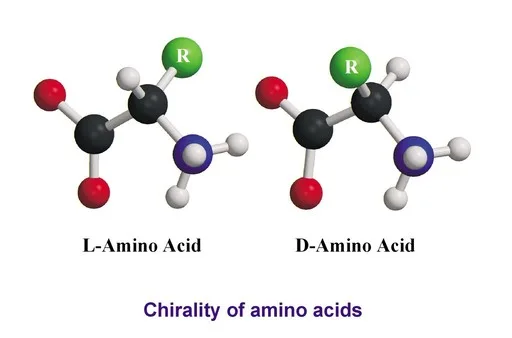
What are Amino Acids?
Amino acids are the building blocks of protein. There are 20 different amino acids that combine in various sequences to make all the proteins needed for the human body’s structure and function.
Essential vs. Non-essential Amino Acids
Essential amino acids cannot be synthesized by the body so they must come from food sources. The 9 essential amino acids are:
- Histidine – Precursor of histamine. Important for immune response and red blood cell production.
- Isoleucine – Branched-chain amino acid important for energy, muscle metabolism, and blood sugar regulation.
- Leucine – Branched-chain amino acid that stimulates muscle protein synthesis and growth.
- Lysine – Needed for calcium absorption and protein synthesis. Important for immune function.
- Methionine – Supplies sulfur for metabolism. Antioxidant that helps detoxify the body.
- Phenylalanine – Precursor for tyrosine which is needed to produce dopamine, epinephrine, and thyroid hormones.
- Threonine – Supports function of immune, digestive, and nervous systems.
- Tryptophan – Needed to produce serotonin which regulates mood, sleep, and appetite.
- Valine – Branched-chain amino acid that provides energy and helps maintain muscle coordination.
Non-essential amino acids are produced by the body from other molecules and food breakdown.
Roles of Amino Acids
- Build and repair muscle tissue
- Support hormone production
- Assist neurotransmitter synthesis
- Transport oxygen in blood
- Immune function
Good Sources of Amino Acids
- Meat, poultry, fish
- Eggs
- Milk, cheese
- Beans, lentils
- Soy foods like tofu
- Nuts, seeds
Getting all the essential amino acids in proper ratios optimizes muscle protein synthesis and recovery after exercise.
70
/ 100
SEO Score
Thank you for reading this post, don't forget to subscribe to our free newsletter
!